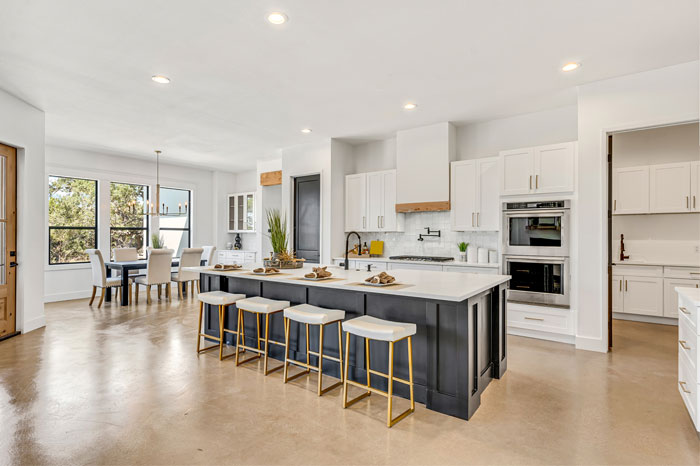June 16, 2021
Should You Buy a New or an Existing Home?
The decision has been made! You’re buying a home within the next few months. Before heading to the notary to sign the deed of sale, you must first decide: will you be buying a new home or an existing home?

New home
Advantages
- A new home is not necessarily more expensive than an existing home. You have to take into account the money you will save by not having to do any renovations in the next few years.
- Buyers of new homes can benefit from various government programs and tax credits.
- A new house allows you to customize the interior design of the property as well as the materials.
- New houses benefit from warranties, ensuring peace of mind for homeowners. Manufacturing defects are covered for the first five years of the life of a house. However, it’s important that you be informed of the builder’s history to ensure the quality of their homes, and fully understand the terms of the purchase.
- Generally speaking, new homes are more energy efficient, thus saving you money.
Disadvantages
- Federal and provincial taxes (GST and QST) are applicable on new homes.
- In most cases, prices are set in advance by the builder, leaving very little room for negotiation.
- Delays may occur with respect to the delivery date.
- Additional costs may arise along the way, depending on the choice of finishing materials, changes to the plan, landscaping, paving and fence installation.
- Construction continues in new developments once the property is purchased, bringing its share of trucks, backhoes and workers, causing noise, dust and a higher level of activity than in an established neighbourhood.
Existing home
Advantages
- Negotiations between the seller and buyer are commonplace, depending on the real estate market where the property is located.
- Existing properties are generally not taxable.
- The delivery date is fixed and delays are unlikely.
- Certain types of renovations can increase the value of the property when it comes time to resell it. However, it’s important that you not overdo it, so that you can get a return on your investment.
- An existing house is usually built in a neighbourhood that has more mature trees, with parks and schools nearby.
Disadvantages
- Finding a property that ticks all of the buyer's boxes can be a long process compared to the à-la-carte options available with a new home.
- Upgrading an existing property to suit exactly what you want can result in additional renovation costs.
- Even though a new building may contain hidden defects, the chances of finding them in an existing home are higher.
Aside from aesthetic issues, both of these options have their advantages and disadvantages. At at the end of the day, the property has to appeal to the buyer.

See also:
13 expenses to budget for when buying a home
Pre-Purchase Inspections: What You Should Know
Preparing for Your First Meeting With a Real Estate Broker
 The Largest Number of Homes for Sale
The Largest Number of Homes for Sale



